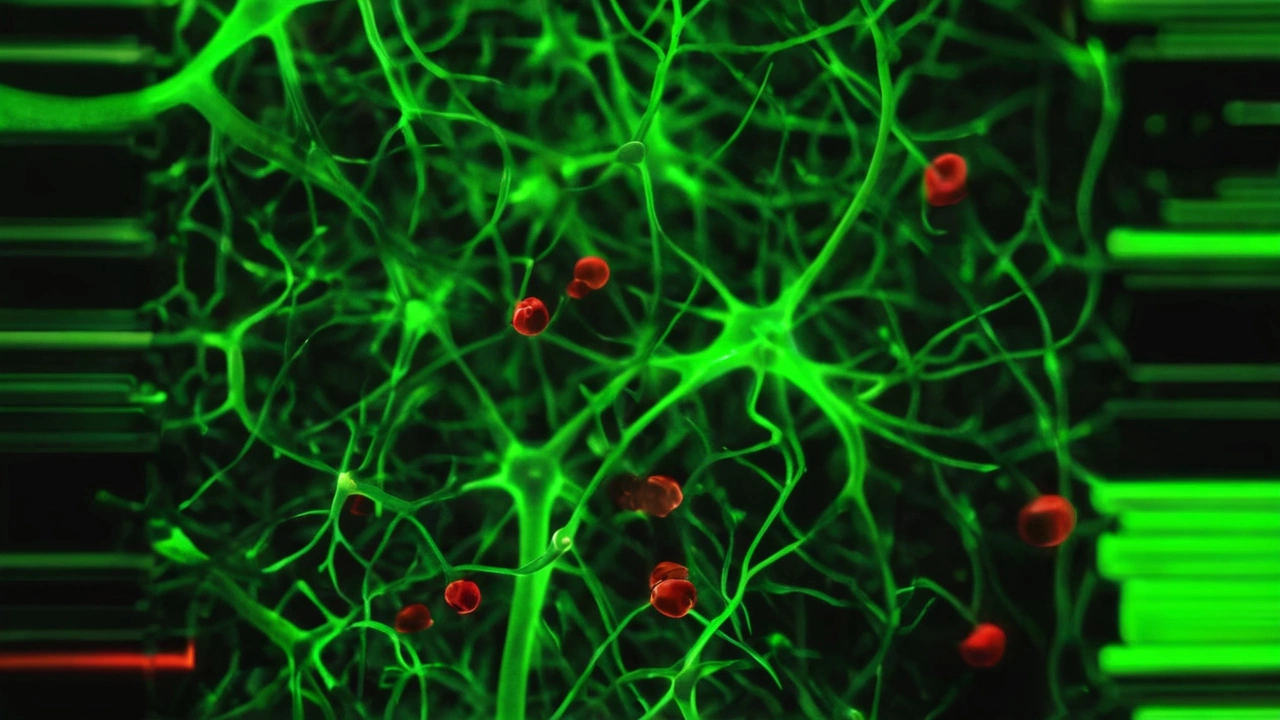Brain Injury: What to Watch For, What to Do, and How to Recover
One hard hit to the head can change thinking, mood, and function for weeks or longer. If you or someone you care about has a head injury, the first hour matters. This page cuts through the noise with clear steps you can use right away and over the weeks that follow.
Recognize the warning signs
Not every brain injury shows up as a blackout. Watch for sudden confusion, repeated vomiting, worsening headache, slurred speech, weakness on one side, balance trouble, or seizures. If someone loses consciousness at all, or their pupils become uneven, call emergency services immediately. Mild concussion often looks like dizziness, fogginess, nausea, sleep changes, or light sensitivity—those still need attention and a plan for rest.
Keep a simple symptom log. Note time of injury, when symptoms start, and any changes. That record helps doctors decide on scans or closer monitoring.
Practical first steps and quick care
If the person is breathing and responsive, keep them still and calm. Avoid moving the neck—treat the situation as if there's a spine injury until a pro clears it. Stop heavy bleeding with gentle pressure. Offer no food, drink, or sedating meds unless instructed by a clinician. For mild concussion at home, physical and mental rest for 24–48 hours helps: short naps, limiting screens, and low-stress activities.
When to get urgent care: loss of consciousness, repeated vomiting, worsening headache, confusion, seizures, clear fluid from nose or ears, or any new weakness or numbness. For anything concerning, choose ER over waiting—timely scans and treatment can prevent bigger problems.
Medical checks often include CT or MRI to find bleeding or swelling. Treatment ranges from observation to surgery for a large bleed. Doctors may use medications to control pain, prevent seizures, or lower brain swelling. Follow-up with a neurologist is common.
Recovery is not only medical; it’s practical. Start rehabilitation early: physical therapy for balance and strength, occupational therapy to relearn tasks, speech therapy for language or swallowing issues, and cognitive rehab for memory and attention. Small, consistent sessions beat long, exhausting pushes.
Mood changes—irritability, anxiety, depression—are common and real. Tell your care team about these symptoms. Counseling, support groups, and sometimes medication help people adjust and rebuild routines.
Prevent the next injury: wear helmets for biking and sports, always use seat belts, make living spaces fall-safe (good lighting, secure rugs, grab bars), and avoid mixing risky activities with alcohol or tiredness. If you work or play sports, follow a gradual return-to-activity plan guided by a clinician.
Want a quick checklist? Log symptoms, avoid neck movement, call emergency if red flags appear, rest for 48 hours if mild, and schedule a medical follow-up. Brain injuries can heal, but giving the brain proper time, protection, and targeted rehab speeds recovery and reduces long-term problems.
If you need help finding specialists, rehab tips, or local support, SecureTabsPharm has resources and guides to point you in the right direction.

Breakthrough Study Shows How Antidepressants May Aid Brain Cell Growth Post-Injury
Neurosurgeons have discovered in early research that antidepressants may promote the creation and survival of new brain cells post-injury. This groundbreaking study highlights how these medications could support brain recovery by stimulating neuron growth, offering promising insights into neurological rehabilitation.
© 2026. All rights reserved.
